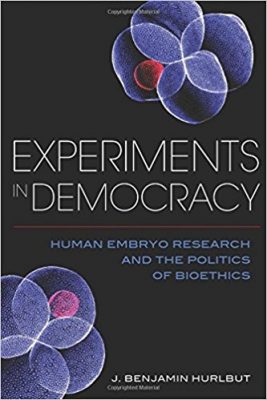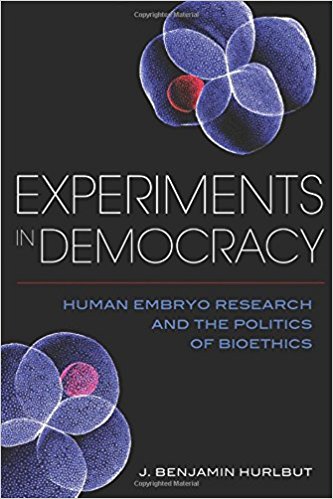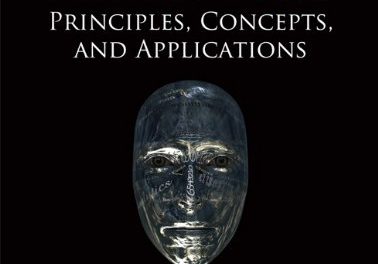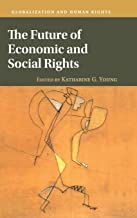 Author: J. Benjamin Hurlbut
Author: J. Benjamin Hurlbut
Publisher: Columbia University Press – 359 pages
Book Review by: Deekay Daulat
Should we humans be cloned? What are some of the desirable effects of having a copy or several copies of us made? Let’s see…
- We can be twice as much productive so we can work, earn, save, and invest twice as much money than if we were just a single person.
- If you worked on a creative project at an ad agency writing and developing a television commercial for example, and you thought of one idea and your copy thought of a different idea, the two of you can create two different commercials. Or parts of a longer and even possibly a better one.
They could both be successes, or one successful and the other a flop, or both commercials could be flops. Or you could develop one aspect of the commercial and your copy could work on another aspect. When done, you could organize the two aspects and complete the project in less time, and possibly have a more successful end result. Heard of the saying “two heads are better than one?
- Would it not be great if the two copies could merge? You could save a tremendous amount of time. The possibilities are limitless. One of you could be shaving in the morning and the other could be showering. One could comb his hair and the other could put on his suit. You could get ready for work in half the usual time.
There are however, many negative consequences of cloning, and this book discusses some of them. But this work by a life sciences scholar, Professor J. Benjamin Hurlbut is about more than cloning. It is about human embryo research including such issues as embryonic stem cell research, in vitro fertilization, and ‘gene editing,’ including creating superior physical and mental human beings.
It traces from the 1960s to the present, debates relating to moral issues and ethical challenges of bioscience, between and among bioethicists, policymakers, public figures, and scientists.
The bioethics debates began when Louise Brown became the first human to be conceived outside of a mother’s body through artificial fertilization in a test tube. She was the famous ‘test tube baby’ born in a country hospital on July 25, 1978 to Lesley and John Brown, an English couple of modest means.
Louise was the first human to be ‘produced’ in a laboratory. She was a ‘biological entity’ who was the successful culmination of years of attempts – through research and experimentation – to create a human being through artificial fertilization.
“Displaced from the embodied process of procreation, it emerged as an isolated entity of uncertain moral status,” writes Hurlbut in his Introduction. Did this being created ‘artificially’ have moral responsibilities and obligations? Hurlbut states: “In time it became a material input in biological research and a site of production from which were ushered other biological entities of ambiguous moral significance.” (italics ours).
This 1978 event has raised many questions about how we are going to govern ourselves. As Hurlbut points out: “Located in a limited zone between reproduction and research, it became a central figure in American democracy’s efforts to devise new ways to evaluate and govern its technological future.”
This book covers moral, social and other issues in the debates about research on the human embryo, about human embryonic stem cells, and related matters. We list below the titles of its chapters to provide you an overview of what you will find in it:
Introduction: The Politics of Experiment
- New Beginnings
- Producing Life, Conceiving Reason
- Representing Reason
- Cloning, Knowledge, and the Politics of Consensus
- Confusing Deliberation
- In the Laboratories of Democracy
- Religion, Reason, and the Politics of Progress
- The Legacy of Experiment
This is a great book on issues of bioethics, and the roles played by, and the inter-relationships among people of authority in government, in law, and in science. It also shows you how the public has developed certain opinions, norms and practices relating to bioethics.
Author:
Benjamin Hurlbut is assistant professor in the School of Life Sciences at Arizona State University.






